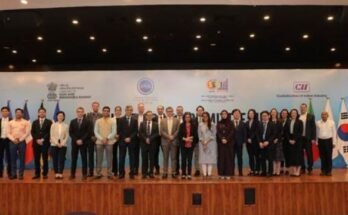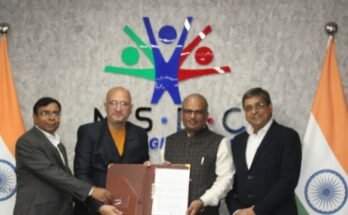Chennai : The most popular department in University of Madras – the institute of distance education (IDE) – has taken a hit with the number of students enrolled decreasing by close to 40% in a five year period from 2011-12 to 2015-16.
This has also affected the cash flows of the University. The IDE contributed around Rs 67 crores in 2011-12, but it came down by around 20% to Rs 44 crore in 2015-16, according to figures accessed from an audit report.
The IDE offers 29 under-graduate, 25 post-graduate courses and 22 certificate courses. The MBA course and professional courses like MSc Information Technology, Computer Science and Masters in Computer Application (MCA) are the most popular.
From an enrollment of 56,818 students in 2011-12, the number has gone down to 33,993 in 2015-16. Experts say that the trend would be similar in other universities like Madurai Kamarajar University, which is also popular for its distance education courses.
The key reason for this is an ongoing dispute between the University Grants Commission (UGC) and state universities. UGC has imposed an embargo on institutions offering distance education courses outside their jurisdiction. This has been challenged in court with the University of Madras obtaining a stay from the Madras high court.
However, UGC has given wide publicity to its order through newspaper advertisment. Because of this, people fear that their degrees might be invalid in future and stick to colleges and Universities in their vicinity, said M Ravichandran, former director of the IDE and former director of All India Council for Technical Education (AICTE).
There is also a stigma associated with distance education degrees compared to regular ones. Students think that distance education courses are not valid for jobs, a senior professor said. This has also coincided with colleges running multiple shifts through the day. “So, compared to a University’s distance education program, students prefer attending afternoon or evening shifts in these colleges, which also have a good brand,” said the professor.
Ravichandran said that it was the duty of the government and University to change the mindset of students by taking steps to reduce the notion of a disparity between distance mode and regular mode courses. “Government must alleviate their fears to change this notion,” he said.
Note: News shared for public awareness with reference from the information provided at online news portals.



